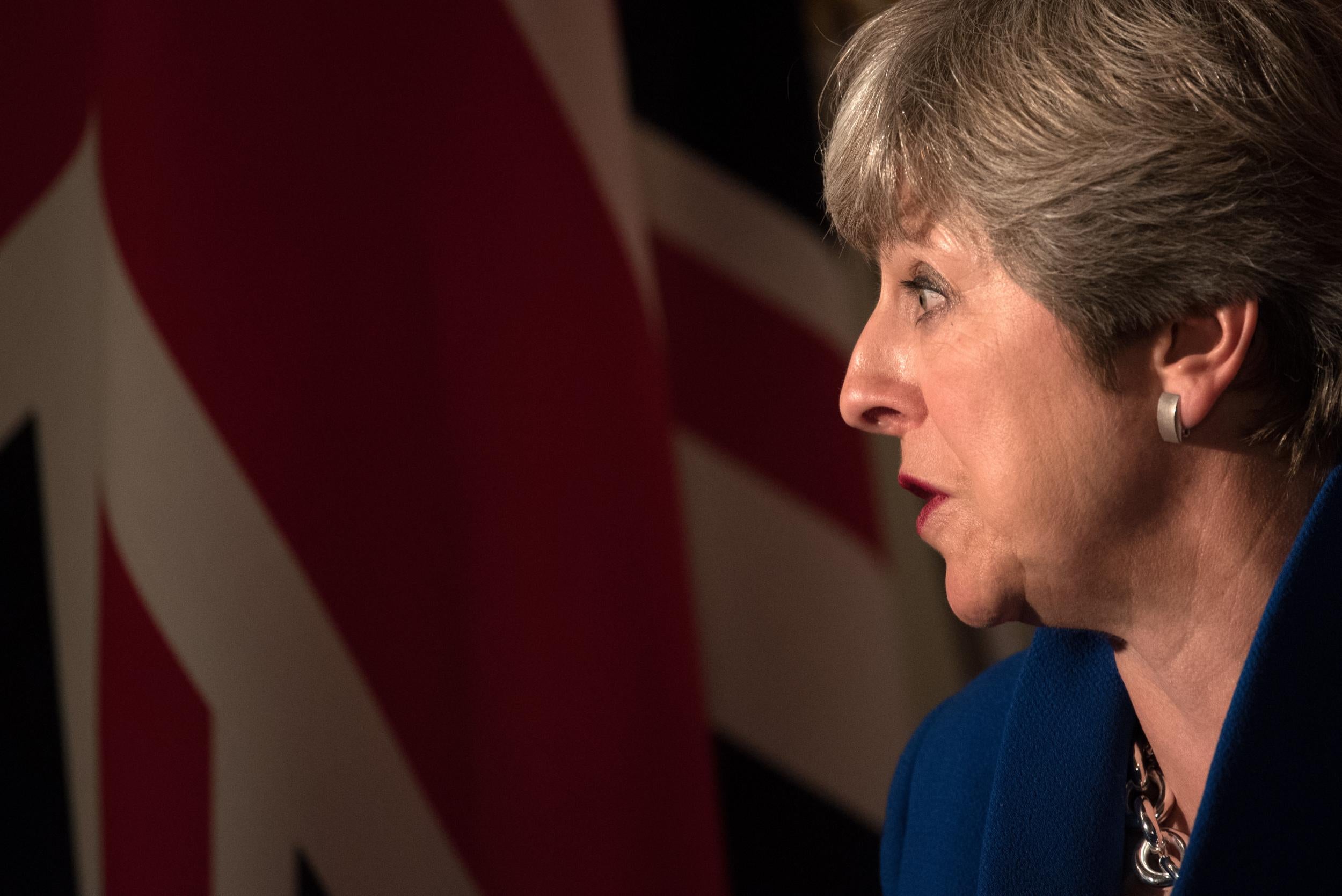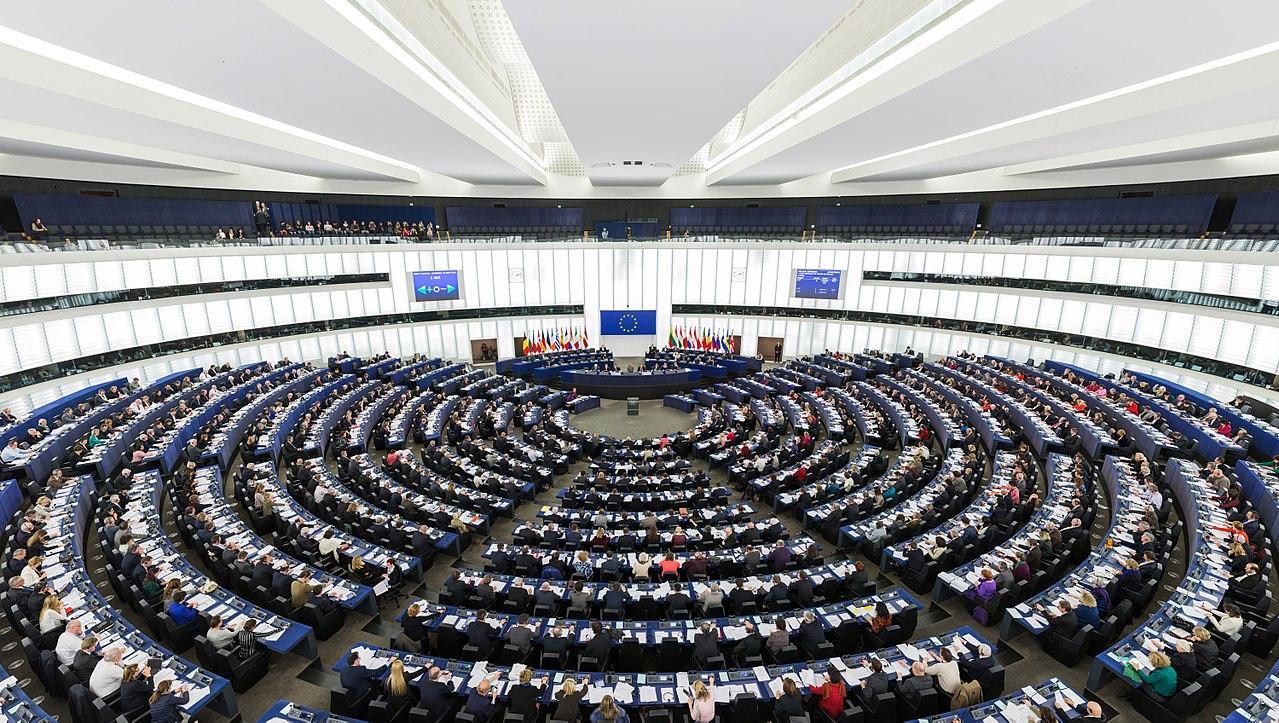European Parliament Brexit vote to overshadow Theresa May’s make-or-break Tory conference speech
The Prime Minister is hoping to assuage her Tory critics at the party’s annual conference

Theresa May’s make-or-break Tory conference speech is set to be undermined by EU chiefs who are staging a key vote judging her Brexit strategy hours before she takes to the stage.
European Parliament leaders confirmed on Wednesday that MEPs would vote on whether “sufficient progress” has been made to open trade talks with Britain on 3 October – just before Ms May pleads with her party to let her keep her job.
Sources close to the European Parliament’s negotiating team told The Independent there was not “a cat’s chance in hell” that the body would vote to endorse the progress made by Ms May’s team so far – meaning she would have no option but to face her party amid more bad news.
European Parliament President Antonio Tajani and the Parliament’s Brexit chief Guy Verhofstadt will ask MEPs to vote on whether they are happy with progress on EU citizens’ rights, the Northern Ireland border and the departure bill.
The EU says these three departure issues must be dealt with before trade talks about the future EU-UK relationship can start, and a humiliating public rejection for Ms May by MEPs could set a sour tone of her crucial conference.
The announcement of the vote comes the same day as Michel Barnier, the European Commission’s chief Brexit negotiator, claimed that Britain was “backtracking” on its commitments to pay to pay what it owed the EU. He also reiterated a claim that Britain wanted the benefits of the EU single market without being a member. Meeting minutes from the summer released today also show that Jean-Claude Juncker told his negotiating team that he believes David Davis, the Brexit Secretary, is “jeopardising” Brexit talks by being unstable.
British officials familiar with the UK negotiating position remained “optimistic” last week that “sufficient progress” bar could be met before a separate European Council summit in October that will formally decide whether to open trade talks. Mr Tajani, the parliament’s president, however, said he did not believe sufficient progress would be made by October and has suggested the Council decision be postponed until December.
Mr Verhofstadt told The Independent that the treatment of EU nationals in the UK – in particular leaked Home Office plans for a new immigration system that penalises lower-income workers – was at the core of discontent among MEPs over progress.
“After a number of meetings in the European Parliament where this issue was raised by fellow MEPs, it’s clear to me that these policies, if implemented, will only serve to further poison the diplomatic well and erode trust in the capability of the British Home Office to deliver a fair and immigration system for EU citizens in the future,” he said.
“As a sovereign country, post-Brexit, and after any transition period, the UK will be free to execute its own discriminatory immigration policy, no matter how economically damaging this might be. However, a number of the leaked proposals would breach EU free movement law if implemented during any transition period, for example the proposal to discriminate between ‘high-skilled’ and ‘low-skilled’ workers.”
He added: “It was clear to me from discussions between leaders of the main political groups in the European Parliament today that progress has so far been inadequate.”
Though the European Parliament does not have a specific veto over the “sufficient progress” metric, its leaders have good relations with the Commission and it would be difficult for further talks to start if MEPs voted against them. The parliament does have a veto on the final Brexit deal.

Ms May’s speech to Tory conference in Manchester is currently scheduled for 4 October; the European Parliament plenary session will open on 2 October, but there will be no votes on that day. The Independent understands the vote is likely to be held on the 3rd, though it could even be held on the 4th – the same day as the PM’s speech.
President Antonio Tajani said in a statement: “Given the current state of play of negotiations and the current position of the UK, it would seem very difficult that sufficient progress can be achieved by October on separation issues in order to enter phase two of the negotiations. In this case I would think it wise for the European Council to postpone this point to its December meeting.”
Chief negotiator Mr Barnier told reporters in Brussels that the Brexit bill was “not a matter of punishment” but instead about funding commitments made under the so-called Multiannual Financial Framework (MFF) of payments already agreed by the UK.

“You have projects for infrastructure, transport, universities, and these only come to fruition in terms of payments several years down the line. There are thousands of people, stakeholders, companies, citizens, universities, laboratories, they have set up their projects on the basis of the promise made by the 28 member states,” he told reporters in Brussels on Thursday.
“So there’s a moral dilemma here: you can’t have 27 paying for what was decided by 28, so what was decided by 28 member states, that has to be bourne out by 28 member states right up to the end, it’s as simple as that.
“I’ve been very disappointed by the UK position as expressed last week, because it seems to me backtracking on the original commitment of the UK to honour its international commitments, including the commitments post-Brexit.
He argued that there was a “problem of confidence”, describing the situation as “serious”.
Minutes released today from a meeting in July record that the Commission president “expressed his concern about the question of the stability and accountability of the UK negotiator and his apparent lack of involvement, which risked jeopardising the success of the negotiations”.
A European Commission spokesperson said that “we’ve clearly moved on since July” and Mr Barnier himself said he had “cordial relations” with Mr Davis.
Join our commenting forum
Join thought-provoking conversations, follow other Independent readers and see their replies
Comments
Bookmark popover
Removed from bookmarks